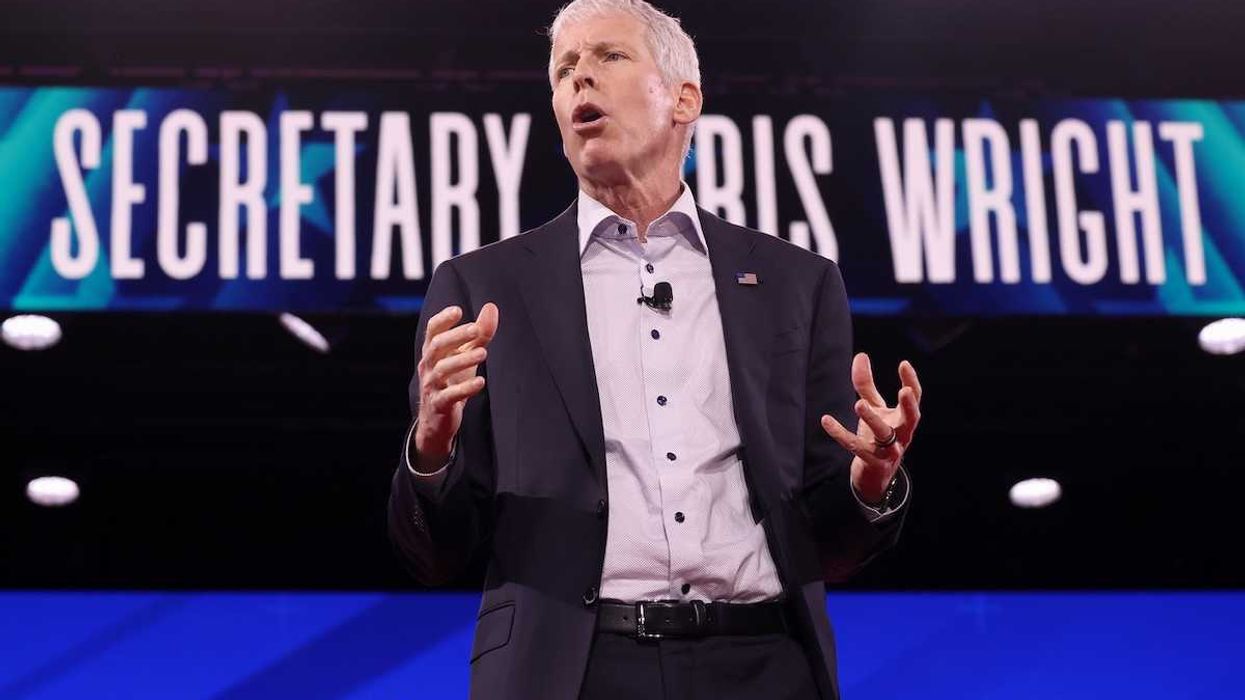Texas' transportation agency crafted a federally mandated carbon reduction strategy to secure $641 million amid skepticism over its potential impact on the state's substantial transportation emissions.
Erin Douglas reports for The Texas Tribune.
In short:
- Texas' transportation department plans to use federal funds for projects claimed to reduce carbon emissions.
- Critics argue the strategy lacks significant impact on the state's high transportation sector emissions.
- The plan includes highway expansions, which are controversial in their effectiveness at reducing emissions.
Key quote:
"We just aren’t going to reduce millions of metric tons of emissions by fixing traffic signals."
— Harrison Humphreys, Air Alliance Houston
Why this matters:
The Tribune notes that environmental and public transport advocates have long criticized the Texas Department of Transportation for prioritizing highway construction over more sustainable, less polluting modes of transport. It's a frequent point of tension, not only in Texas but in the broader, national conversation on climate policy.
Question for the reader:
What are the most effective and just ways for states to reduce transport sector emissions?
Be sure to read this commentary by Regan Patterson, arguing that transportation justice requires a redistribution of power.
AI-based tools helped produce this text, with human oversight and editing.














